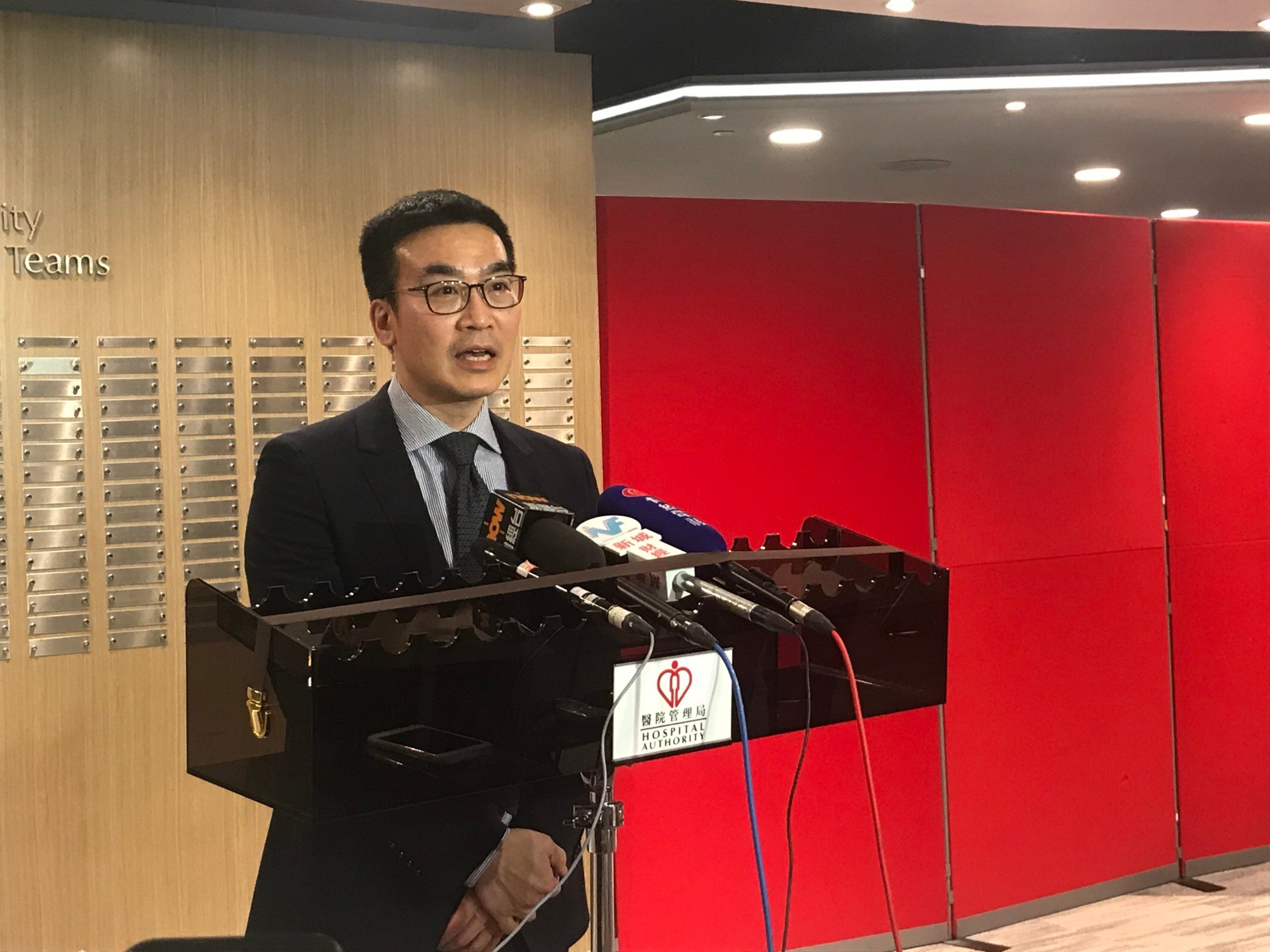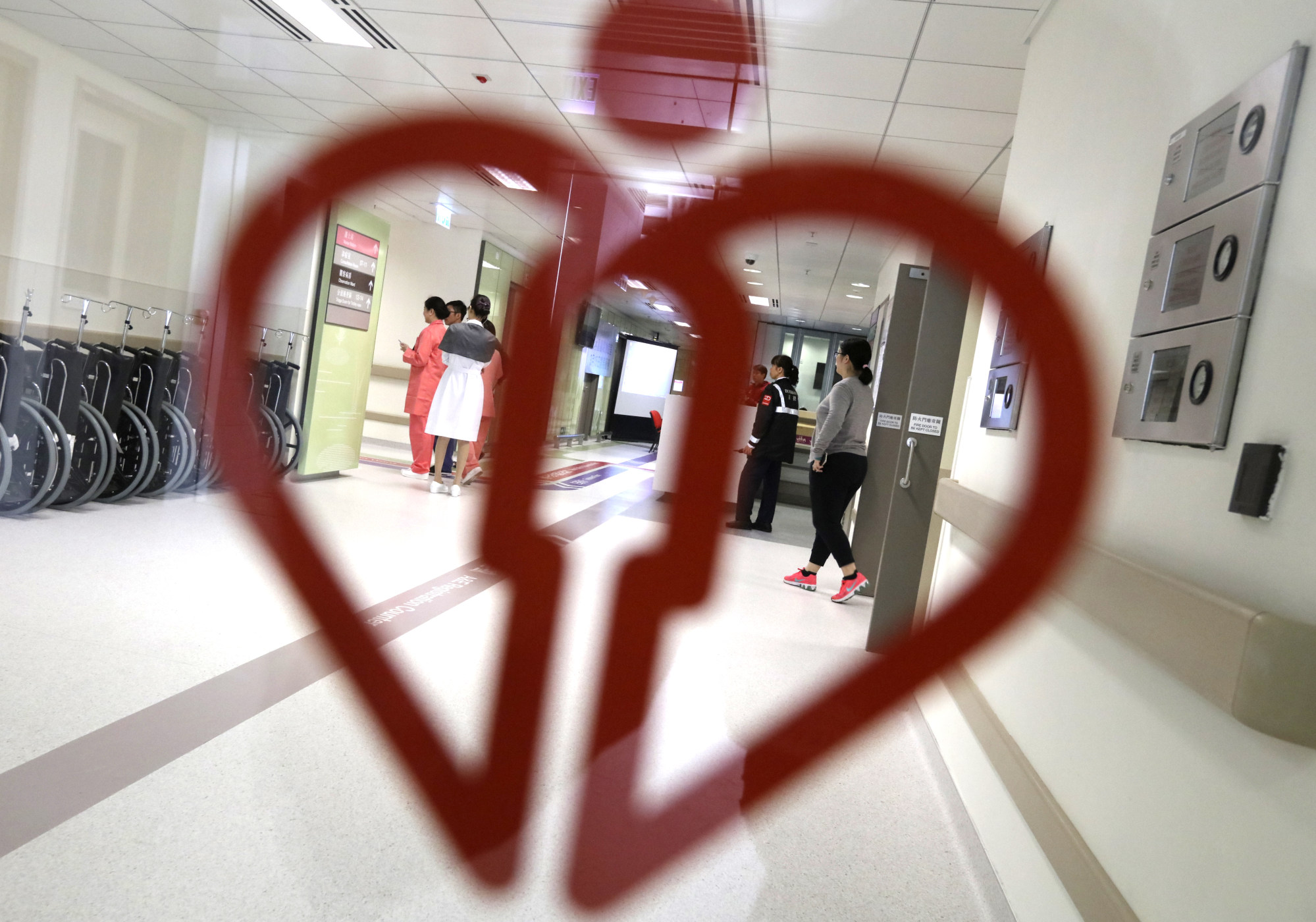Number of patients carrying vancomycin-resistant enterococci and Candida auris has increased in first three quarters of 2023, Dr Raymond Lai says. AI-driven pilot scheme to analyse clinical data and determine whether antibiotics are necessary for treatment. — SCMP
Two superbugs are on the rise among patients in Hong Kong, the Hospital Authority has warned while announcing a pilot scheme that uses artificial intelligence (AI) to combat antibiotic overuse.
Dr Raymond Lai Wai-man, the authority’s chief infection control officer, said the number of patients carrying vancomycin-resistant enterococci (VRE) and Candida auris had increased in the first three quarters of 2023 compared with previous years.
Lai attributed the trend to fewer resources allocated to combating multidrug-resistant organisms (MDROs) over the past two to three years as efforts were redirected to battle the Covid-19 pandemic.
“We used many isolation wards for Covid-19 patients, which means there were fewer wards for those infected with MDROs,” he said. “Our staff spent a lot of time taking care of Covid-19 patients.
“Also, when Covid-19 patients were hospitalised, they might have been in poor condition with pneumonia. As doctors were worried there could be co-infections, they might have prescribed broad-spectrum antibiotics.”

But he explained that after a drop in coronavirus infections this year, the prevalence of commonly occurring superbugs had returned to pre-pandemic levels, except for VRE and Candida auris.
MDROs, also known as superbugs, are microorganisms that have become resistant to certain antimicrobials, such as antibiotics and antifungals. They are the result of overprescription and improper use of such medicines.
Methicillin-resistant Staphylococcus aureus (MRSA), one of the most common types of drug-resistant organisms in the city, was found to have an antibiotic resistance rate of 44.7% among the 100 samples collected from patients at public hospitals in the first three quarters of the year. About 9,500 new cases of MRSA are reported every year.
VRE, also a concern in the city, had an antibiotic resistance rate of 1.2% over the same period, compared with 0.22% in 2021 and 0.7% in 2022.
The number of patients carrying VRE jumped from fewer than 40 in 2021 to about 140 as of late September this year.
Patients carrying Candida auris, which first emerged in the city in 2019, rose from almost 200 in 2020 to more than 300 as of Oct 31 this year. According to Lai, 10% of those affected by the fungus would develop invasive infections, which had a 53% to 83.3% mortality rate.
Lai stressed that the authority would focus on controlling the three superbugs this year.
“It is very important to control MDROs in our hospitals mainly due to limitations in the choice of antibiotics or antifungals in the treatment of infected patients,” he said, noting the drugs had side effects.
“For patients with a weak immune system, once infected, they may suffer serious complications or even die.”
Lai said a pilot scheme that used AI to analyse clinical data and determine whether antibiotics were necessary for treatment would launch in January next year at Prince of Wales Hospital in Sha Tin and Princess Margaret Hospital in Kwai Chung.
The programme will initially focus on one form of antibiotic before it is expanded to emergency rooms at 17 public hospitals from March and applied to eight other types of the medicine.
Lai said public hospitals currently relied on a team of doctors and pharmacists to assess whether antibiotics were needed for treatment.
“We rely on pharmacists to look at what kind of bacteria the patients are infected with and whether they still require such strong antibiotics,” he said.
“If not, they will refer the patients to infectious disease or clinical microbiology specialists from the team, who will visit the patients and see if this is the case and suggest weaker antibiotics.
“With the help of AI, a notification can be sent to the doctor the next day on whether there is a need to review the use of antibiotics, which will save a lot of time.”

The authority had also conducted screenings to detect Candida auris among high-risk patients before they were hospitalised and residents of care homes for the elderly who had been discharged from hospital, to prevent the spread of the superbug in the community, as well as ramped up infection control measures at hospitals, he added.
Lai said superbugs were mostly transmitted through direct or indirect contact and he advised people to maintain personal hygiene.
“They can be transmitted through contact with a patient carrying the organisms or a contaminated environment such as the table near the patient,” he said.
“The public has to be aware of their hand hygiene. Do not share personal items such as towels in public places. If you have a wound, cover it to prevent any infections.”
People should also strictly follow doctors’ instructions when taking antibiotics, he said. – South China Morning Post





